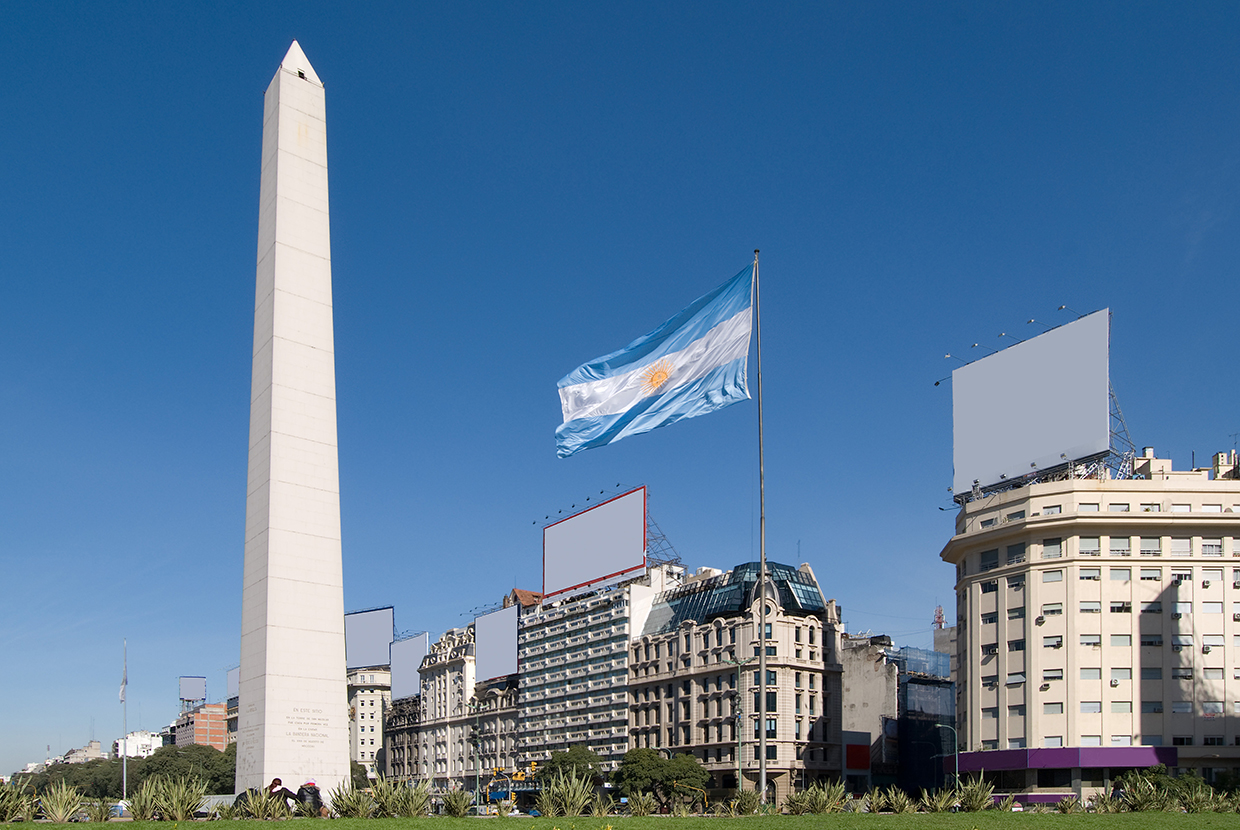Argentina’s President Mauricio Macri has announced the lifting of a 5% tax on mining exports, introduced by the previous government.
This is the latest in a series of business-friendly measures Macri has announced since he took office last December. He previously removed a tax on certain agricultural exports, started the reduction of the 35% duty on soy exports – the country’s largest trade item – by 5% a year, and lifted currency controls.
According to the Argentine Chamber of Mining Industry, the country exports over US$4bn of mineral products every year, and the measure will save the sector about US$220mn annually.
Macri, the first right-wing president to govern Argentina in decades, has so far received the approval of the local and international business communities, with the country’s stock market assets rising substantially since his election.
But he faces a certain degree of domestic opposition which could intensify in the coming months, as unpopular fiscal measures are on his programme to redress the economy.
“He’s made quite an impressive start to his term,” Edward Glossop of Capital Economics tells GTR. “The big question before he was inaugurated early in December was whether he could meet the high expectations of the financial sector, and so far he’s delivered.
“He’s got quite a bit to do domestically, including tighter monetary and fiscal policies, which is going to be very unpopular, especially because he doesn’t have the majority in either House of Congress. Once Congress reconvenes, he’s going to have a bit of a job to push through the measures required to push the economy on a sustainable growth path.”







